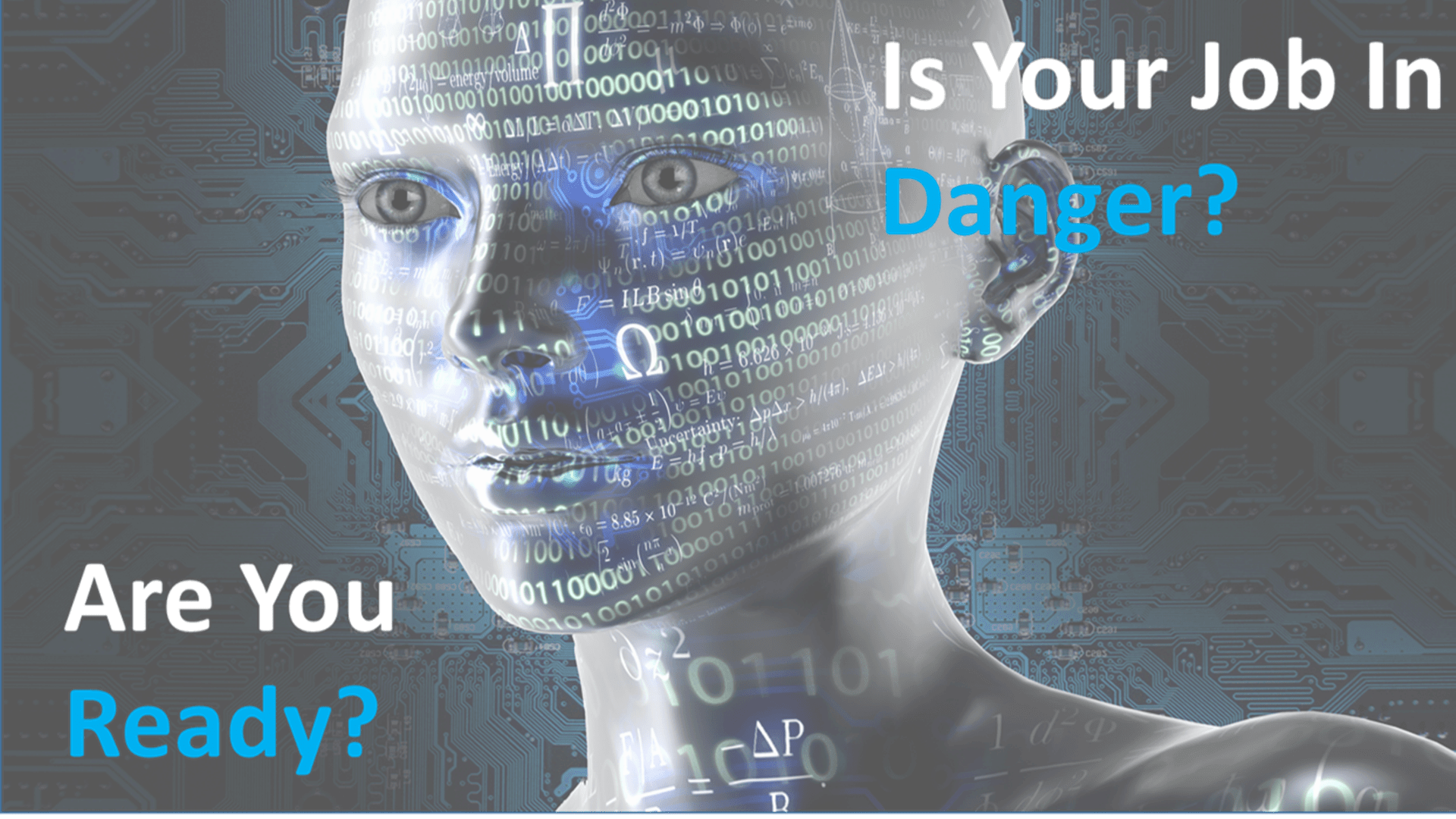Governments across the world are bringing out national discussion papers to propagate the use of Artificial Intelligence (AI) in various sectors including healthcare, agriculture, education, and transportation. As a senior bureaucrat was telling me the other day, “We need AI to replace human stupidity in government, for sure.”
Indeed AI is transforming every facet of human life, and we don’t know how far it will go even as sci-fi authors try to scare us. AI should be enabled for the obvious benefits to society. However, as all things governmental, maintaining a balance between minimizing the risks of increased collection of personal data and the risks of how the AI is actually using that data will be a huge challenge.
It may not be apparent in India as yet, but every industry is seeing the upswing of its use globally. For instance, more than 50% of marketing heads in developed countries confirm the use of AI in some form and an additional quarter plans to use it in the next two years.
THE QUIET GROWTH OF RACE-DETECTION SOFTWARE SPARKS CONCERNS OVER BIAS
As early adopters embrace this disruptive technology, many employees in those companies wonder whether they will have their jobs tomorrow, in a not-so-dissimilar way as technology outsourcing did to American jobs. Are these fears misplaced or will the disruptive AI forces relieve you of your stupidity?
Chill, it may not as yet make any of you redundant, for it is not as sophisticated as the human mind in managing both intelligent and emotional quotients (IQ and EQ). As technology evolves in the next couple of years, it will need the support of the human brain and that is how employees of all types can build up their skills and be relevant. Many routine jobs will be made redundant but new opportunities will emerge, as the human resources as we know it today will undergo an exciting transformation.
If you are worried about coping up in the AI era, here are a few thoughts to help you embrace it better. You will need to up-skill, and evaluating the potential uses of AI in your immediate work area is a good idea.
Automating repetitive jobs and analyzing humongous data will be easier with AI. Building and curating content in millions of pages of e-commerce sites will become much simpler. It will be especially proficient at deriving perspicacity on employees, consumers, and workflow. By eliminating routine tasks, employees can focus more on higher-level work such as strategy-related, or drive priority projects requiring multi-level involvement. The survival mantra: Map your expertise with the strengths of AI, and understand its limitations to enhance your relevance.
AI-driven data analytics help decision-makers in management, politics, and government know their target audience better. Big Data sorting and deriving insights with predictive patterns will be key in winning competitive wars and election battles, which humans will have missed otherwise. But then, the data output you get needs to be translated for use by others and that needs a human interface. This is another opportunity for you to coexist.
Just as with all tech developments of yore, high-tech cannot survive without human touch. Enterprises have failed by using Interactive Voice Recorder instead of human customer service agents. For your career, lifelong learning is a must. So, learn skills that are not possible for AI machines – empathy for instance and the ability to address unique issues. The ability to constantly adapt to tech changes will keep you relevant.
VIDEO: HOW A 30-TON ROBOT COULD HELP CROPS WITHSTAND CLIMATE CHANGE
No AI-related tech can simulate unparalleled human creativity. If an enterprise wants to create loyal customers who will continue to buy more, it will need a lot of creativity and emotional connection with its customers, both of which cannot be provided by AI. A combination of sophisticated analytical skills, creativity, and EQ empowers you to leverage AI in ways that weren’t possible before.
Will governments regulate AI as demanded by experts, much before Facebook-like privacy abuses crop up?
Caveat: Experts like Tesla’s CTO Karpathy talks of Neural Networks (or Deep Learning) as Software 2.0. Will “teachable machines” change the way we interact with others?

By: Dr Muneer is managing director of CustomerLab Solutions and Co-Founder of the non-profit Medici Institute. He is a serial investor and mentors startups / Balkantimes.press
Napomena o autorskim pravima: Dozvoljeno preuzimanje sadržaja isključivo uz navođenje linka prema stranici našeg portala sa koje je sadržaj preuzet. Stavovi izraženi u ovom tekstu autorovi su i ne odražavaju nužno uredničku politiku The Balkantimes Press.
Copyright Notice: It is allowed to download the content only by providing a link to the page of our portal from which the content was downloaded. The views expressed in this text are those of the authors and do not necessarily reflect the editorial policies of The Balkantimes Press.

